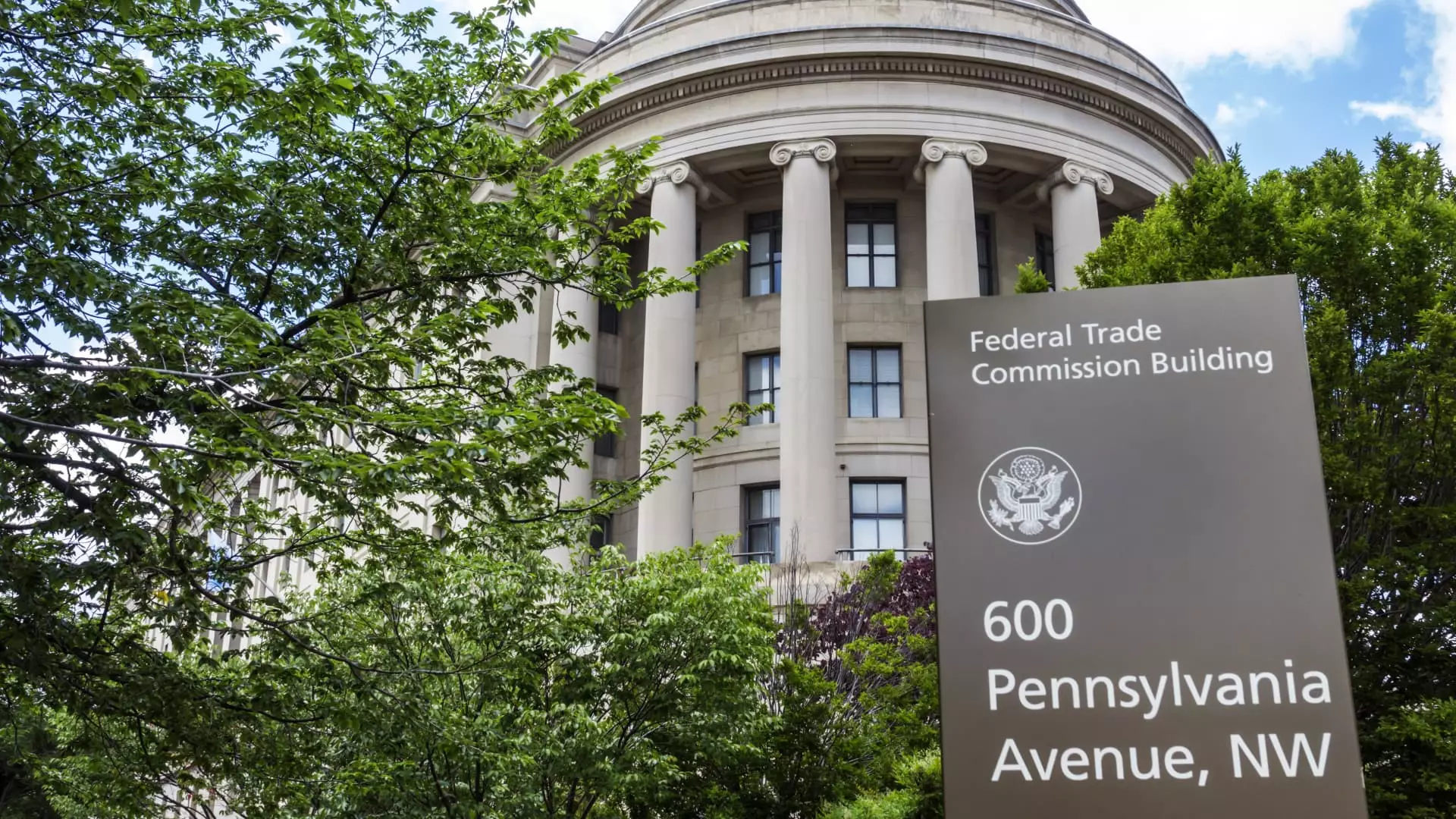The Federal Trade Commission (FTC) has recently announced that it has levied a $2 million fine on Kubota, one of the world’s leading tractor manufacturing companies, for mislabeling some of its replacement parts as “Made in the USA.” This settlement marks the largest civil penalty ever imposed for violating the Made in USA Labeling Rule. In this article, we will delve into the details of the case and explore the implications of Kubota’s deceptive labeling practices.
According to a court order, Kubota North America Corporation, based in Dallas, was found to have violated the 2021 rule by mislabeling thousands of products that were either wholly imported or made with significant imported materials as being U.S.-made. The company was also accused of failing to update its package designs featuring “Made in USA” labels even after the production of those items was shifted overseas. This deceptive practice not only misleads consumers but also undermines fair competition among businesses.
Samuel Levine, director of the FTC’s Bureau of Consumer Protection, emphasized the agency’s commitment to cracking down on deceptive Made in USA claims that harm consumers and honest businesses. In response to the allegations, Kubota stated that it had fully cooperated with the FTC and was voluntarily addressing the concerns raised. The company argued that all parts sold since 2021 were produced by approved Kubota suppliers and affirmed its support for the authenticity of these parts as “Kubota Genuine Parts.” However, the company has been restricted from making claims about U.S.-origin manufacturing unless it can substantiate significant processing occurring within the U.S. Kubota is also required to disclose when foreign parts are used in the manufacturing process.
Kubota, established in Japan during the 19th century, has evolved into a global manufacturer of tractors, construction equipment, and other types of machinery. The company entered the U.S. market in 1972 with a small office in Southern California, marking the beginning of its journey towards becoming a prominent player in the industry. Kubota’s expansion and success resonate with its commitment to developing reliable and quality products. However, this recent fine and the prior fine imposed in 1999 for falsely claiming that a line of lawn tractors was made in the U.S. raise questions about the company’s adherence to ethical business practices.
This $2 million fine against Kubota serves as a significant precedent in enforcing the Made in USA Labeling Rule. It highlights the FTC’s determination to protect consumers from misleading claims and to promote fair competition in the marketplace. The case also demonstrates the importance of transparency and accuracy in labeling practices. Companies must ensure that their claims accurately reflect the origin of their products to avoid legal consequences and reputational damage.
The FTC’s $2 million fine on Kubota for mislabeling parts as “Made in the USA” underlines the seriousness of deceptive labeling practices. This case serves as a wake-up call for companies to prioritize transparency and accuracy in their product labeling. Consumers rely on accurate information to make informed choices, and businesses must adhere to ethical and legal standards to maintain trust. By enforcing the Made in USA Labeling Rule, the FTC aims to protect both consumers and honest businesses, fostering a marketplace built on fairness and integrity.


Leave a Reply